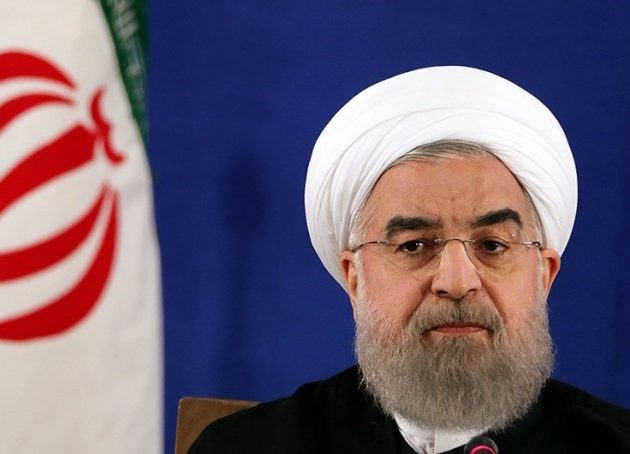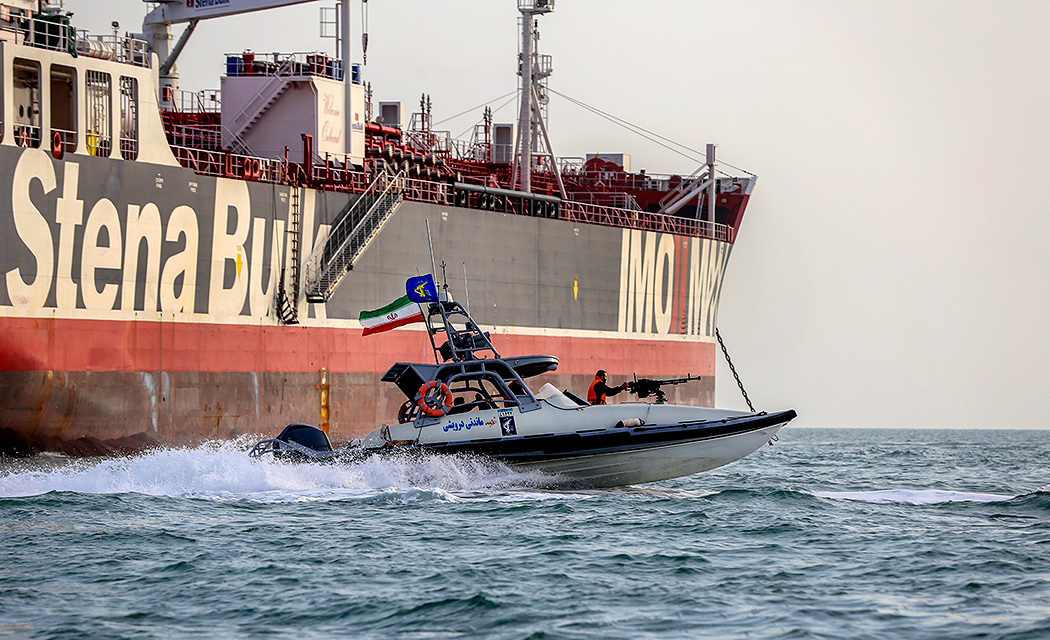Iran’s funding of rebel groups to destabilise the Middle East is well known but Majid Rafizadeh writing for Gatestone says the Iranian government wants Trump out for another reason. They do not want him to get a second term and are acting to “influence public opinion in the US, interfere in elections, and sway the 2020 presidential elections in its favor.”
“Iran’s first initiative is by cyber attacks. According to a recent statement by the tech company Microsoft, hackers that are linked to the Iranian regime have targeted the 2020 Trump re-election campaign in the last two months with multiple hacking attempts:
Today we’re sharing that we’ve recently seen significant cyber activity by a threat group we call Phosphorus, which we believe originates from Iran and is linked to the Iranian government…”
In a 30-day period between August and September, the Microsoft Threat Intelligence Center (MSTIC) observed Phosphorus making more than 2,700 attempts to identify consumer email accounts belonging to specific Microsoft customers and then attack 241 of those accounts.
The targeted accounts are associated with a U.S. presidential campaign, current and former U.S. government officials, journalists covering global politics and prominent Iranians living outside Iran […]”
This effort suggests Phosphorus is highly motivated and willing to invest significant time and resources engaging in research and other means of information gathering […]”
The Iranian government is also engaged in a widespread disinformation campaign against the Trump administration.
Recently, Facebook, one of the most dominant media platforms, stated that it had removed “652 pages, groups and accounts for coordinated inauthentic behavior that originated in Iran and targeted people across multiple internet services.”
Twitter also found thousands of accounts linked to the Iranian government, and which are engaged in creating fake news and headlines. Twitter further released posts by “3,841 accounts affiliated with the IRA [Islamic Republic of Iran], originating in Russia, and 770 other accounts, potentially originating in Iran.”
Gatestone
So much for Russian collusion into getting Trump elected in 2016, but Russia aside, Trump’s method of curbing Iran’s assaults in the Middle East is by limiting funding through stiff economic sanctions, and it’s working.
“Protests have erupted across Iran after the government unexpectedly announced it was rationing petrol and increasing its price.
At least one person has been killed and others injured in the violence.
Officials say the changes, which have seen prices rise by at least 50%, will free up money to help the poor.
Under the new fuel measures, each motorist is allowed to buy 60 litres (13 gallons) of petrol a month at 15,000 rials ($0.13; £0.10) a litre. Each additional litre then costs 30,000 rials. Previously, drivers were allowed up to 250 litres at 10,000 rials per litre, AP reports.”
BBC
Trump’s economic sanctions are bankrupting Iran where “Iran’s national currency, the rial, also continues to lose value: it dropped to historic lows. One US dollar, which equaled approximately 35,000 rials in November 2017, now buys you nearly 110,000 rials.”
Iran in an uproar is a government under threat by its own people. It’s destruction from within, the behaviour that unseats governments with the added bonus of less money for the Mullahs to fund terrorist groups in the Middle East – Houthi, Hezbollah and Hamas.
“Before the US Department of Treasury leveled secondary sanctions against Iran’s oil and gas sectors, Tehran was exporting over two million barrel a day of oil. Currently, Tehran’s oil export has gone down to less than 200,000 barrel a day, which represents a decline of roughly 90% in Iran’s oil exports.Iran has the second-largest natural gas reserves and the fourth-largest proven crude oil reserves in the world, and the sale of these resources account for more than 80 percent of its export revenues. The Islamic Republic therefore historically depends heavily on oil revenues to fund its military adventurism in the region and sponsor militias and terror groups. Iran’s presented budget in 2019 was nearly $41 billion, while the regime was expecting to generate approximately $21 billion of it from oil revenues. This means that approximately half of Iran’s government revenue comes from exporting oil to other nations.”
Gatestone

Trump, ever the deal maker, appears to be setting Rouhani to meet with him when he is sufficiently softened by Trump’s harsh financial treatment.
“The Trump administration does not want a war with Iran, despite commentary that portrayed his White House as hawkish.
The departure of National Security Advisor John Bolton in September reduced chances of conflict with Iran. It was Bolton, with Secretary of State Mike Pompeo, that ramped up rhetoric in May.
But Iran’s alleged attacks on oil tankers, shooting down a U.S. drone, and involvement in an attack on Saudi oil facilities, showed that Tehran had called Washington’s bluff. Bolton’s “unrelenting force” threats have dried up.
We now know that Trump may have been open to a meeting with Iran’s President Hassan Rouhani in September and he only torpedoed a Taliban meeting and Afghanistan deal at the last minute.
Taken together, it shows that the White House is open to creative dealmaking, even if the record illustrates that Trump’s instincts have not always panned out. For instance, North Korea has not de-escalated tensions, but Trump could be open to a third meeting with North Korean leader Kim Jong-un.”
National Interest
Trump may be bold and brash but he is a very patient negotiator as demonstrated by his nonchalance over the Democrat’s pointless impeachment proceedings and his promise to release the FISA report on 9th December. As always, timing is everything.

